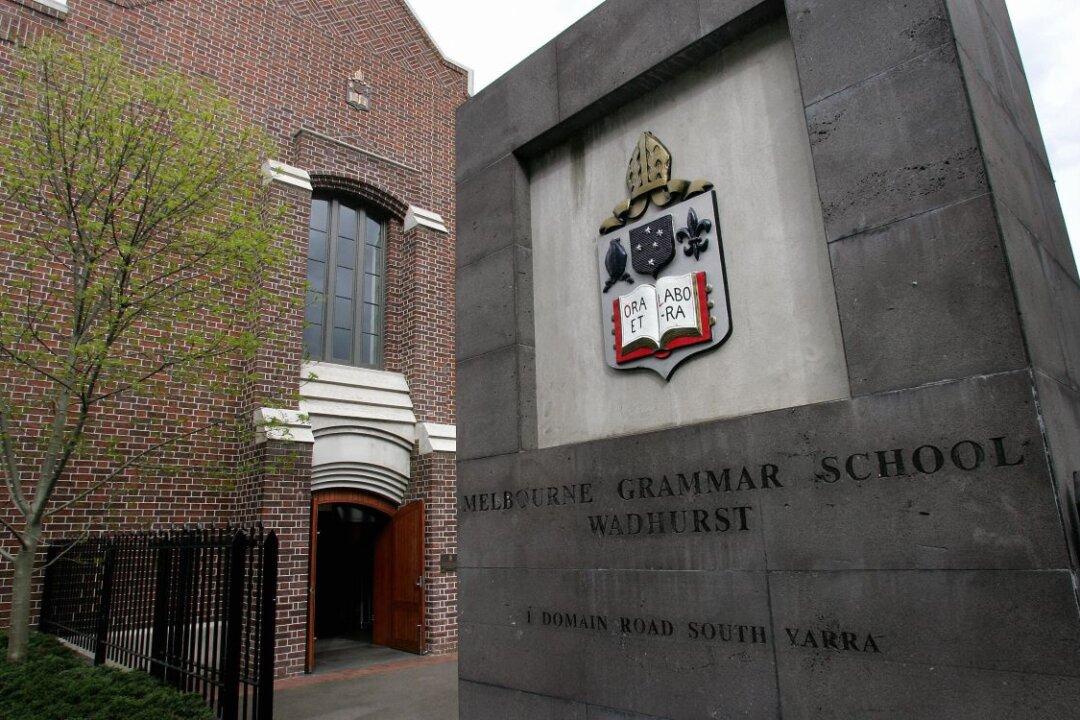Victoria’s peak body representing the state’s independent schools has “expressed alarm” over the Andrews government’s payroll tax levy that could see private schools pay up to $7 million (US$4.5 million) in additional tax per year.
This follows Victoria’s state budget, in which Premier Daniel Andrews said private schools have had “a sweetheart taxation deal” that was unaffordable under the state’s current debt.





